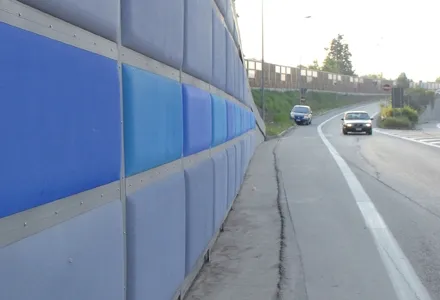The Land, Infrastructure, Transport and Tourism Ministry of Japan is about to introduce a study panel to carry out in-depth discussions concerning a vehicle autopilot driving system. The system, which is aimed to be realised in the early 2020s, will apply to self-steering vehicles that feature their own navigation capability. The government intends to build special expressway lanes for such self-driving cars. After entering the designated lanes, the autonomous vehicle can take over the driving task entirely
July 2, 2012
Read time: 2 mins
Japan's 6075 Ministry of Land, Infrastructure, Transport and Tourism is about to introduce a study panel to carry out in-depth discussions concerning a vehicle autopilot driving system. The system, which is aimed to be realised in the early 2020s, will apply to self-steering vehicles that feature their own navigation capability. The government intends to build special expressway lanes for such self-driving cars. After entering the designated lanes, the autonomous vehicle can take over the driving task entirely, heading to destinations selected by the driver.
The planned autopilot system is expected to contribute significantly to provide numerous important benefits including alleviating drivers' fatigue, preventing road accidents and easing traffic congestion. It would also enable the elderly, who sometimes have difficulty making quick judgments and keeping attentive while driving, to use expressways safely, according to the ministry.
The system will be for vehicles referred to as self-driving cars capable of sensing their environment and navigating by themselves, with people not required to perform any mechanical operation besides choosing their destinations.
The planned autopilot system is expected to contribute significantly to provide numerous important benefits including alleviating drivers' fatigue, preventing road accidents and easing traffic congestion. It would also enable the elderly, who sometimes have difficulty making quick judgments and keeping attentive while driving, to use expressways safely, according to the ministry.
The system will be for vehicles referred to as self-driving cars capable of sensing their environment and navigating by themselves, with people not required to perform any mechanical operation besides choosing their destinations.









